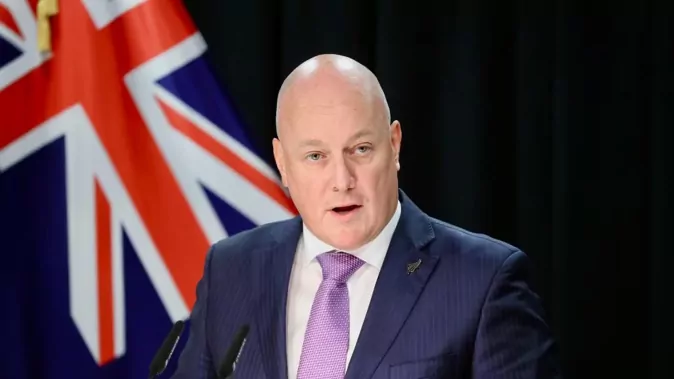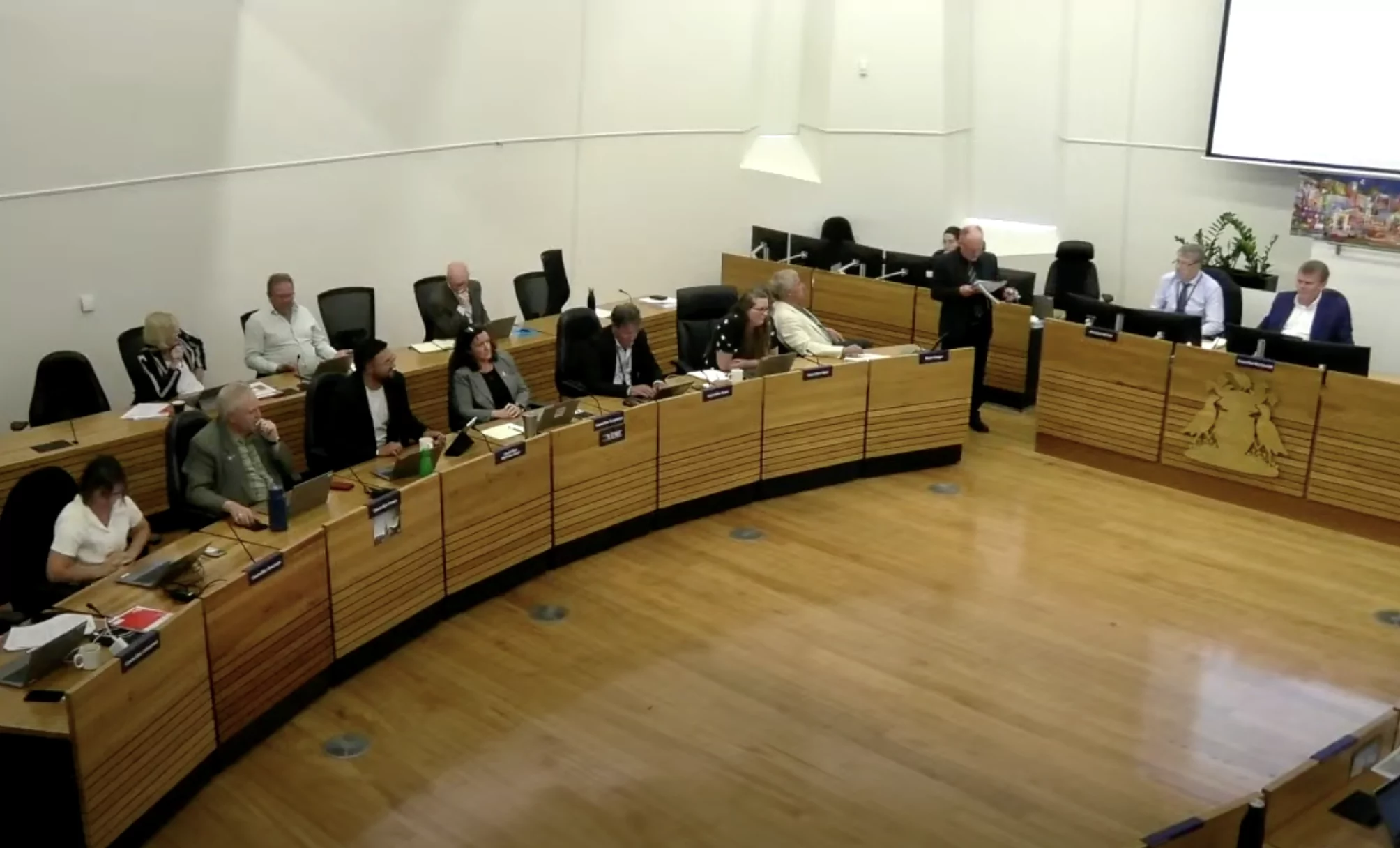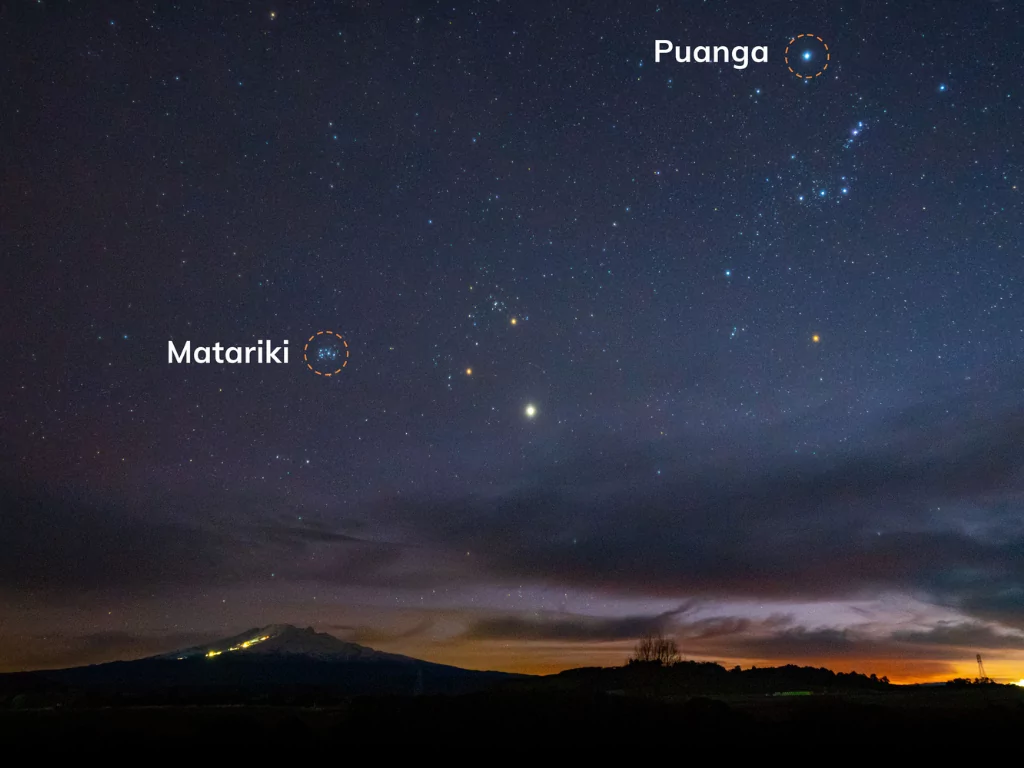Speaking at Ōnuku Marae in Akaroa, Prime Minister Christopher Luxon marked Waitangi Day by acknowledging the significance of the Treaty of Waitangi and the ongoing journey of Ngāi Tahu.
Luxon, who spent many childhood holidays in Akaroa, described the area as a place of personal and historical importance. He reflected on its role in the Treaty’s history, where Ngāi Tahu chiefs signed the document 185 years ago, and where former Prime Minister Dame Jenny Shipley delivered the Crown apology to the iwi in 1998.
“This place holds deep significance, not just for Ngāi Tahu, but for our entire nation,” Luxon said. “It was here that the foundation for what was hoped would be a lasting partnership was laid, and where reconciliation paved the way for the iwi’s success, prosperity, and cultural revitalisation.”
Luxon praised the leadership of Ngāi Tahu, particularly Sir Tipene O’Regan and Sir Mark Solomon, for guiding the iwi through a period of economic and cultural revival following its historic settlement.
“Ngāi Tahu’s journey has not been easy. It is one forged in adversity but defined by an unwavering commitment to your people and future generations,” he said. “The settlement was not an endpoint but a beginning. It laid the foundation for rebuilding Ngāi Tahu as a thriving iwi—proud of its heritage and determined for future generations.”
Luxon pointed to Ngāi Tahu’s influence in industries such as property, tourism, fisheries, and agriculture as an example of how Treaty settlements can unlock opportunities and create long-term value for both iwi and the wider community.
As the country moves toward 2040, the bicentenary of the Treaty’s signing, Luxon emphasised the government’s role in honouring the Treaty while ensuring a future of economic growth and opportunity. He reaffirmed National’s commitment to working in partnership with Māori, including supporting iwi-led projects through the Fast Track List and regional infrastructure initiatives.
“This year is all about going for growth,” he said. “If we want a better standard of living for Māori, and all Kiwis, we have to go out and make it happen.”
While recognising the achievements of Ngāi Tahu and other iwi, Luxon acknowledged the challenges ahead, including ongoing debates around the Treaty’s role in modern New Zealand.
He reiterated that National would not support the Treaty Principles Bill, stating that his government would continue working constructively with Māori while ensuring equal opportunity for all New Zealanders.
“One of the most pressing issues right now is how we, as New Zealanders, continue to honour the promises of the Treaty in a way that brings us closer rather than pulling us apart,” he said.
Luxon also announced the appointment of James Meager as Minister for the South Island, saying the role would strengthen regional relationships and ensure iwi interests remained a focus for the government.
As he concluded his speech, Luxon reflected on the broader vision for the nation leading into 2040, calling for collaboration and a shared commitment to economic growth, social investment, and community-driven progress.
“The success of iwi is the success of our country,” he said. “The road ahead is bright. So, let’s continue walking it together—shoulder to shoulder—toward a future where our people, land, and culture thrive.”










